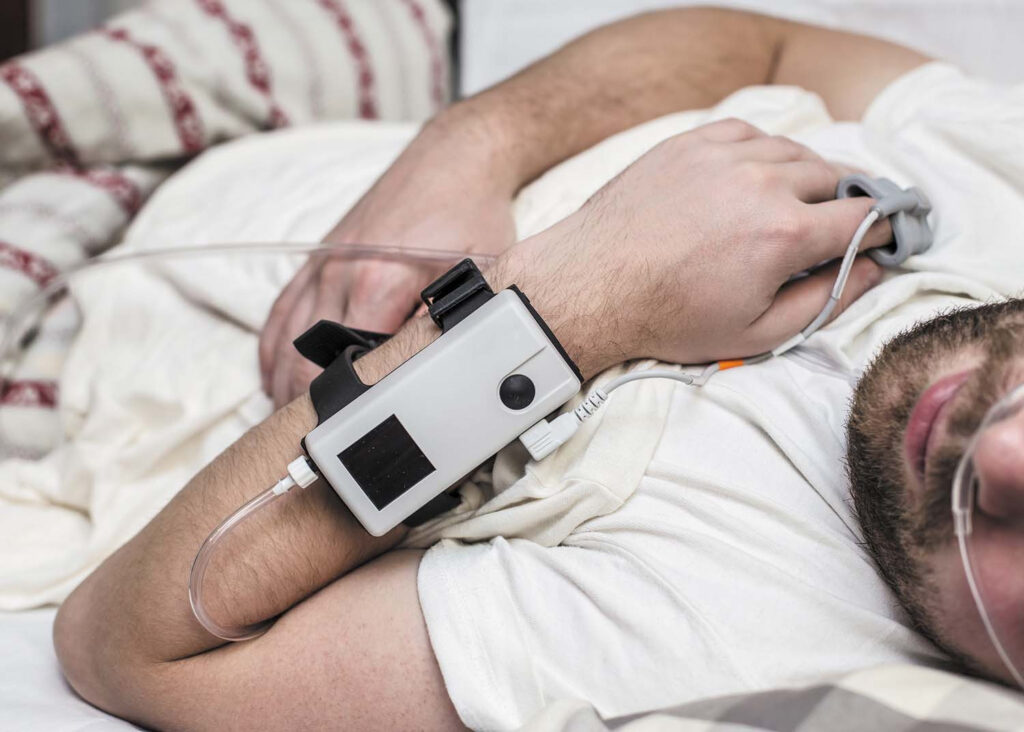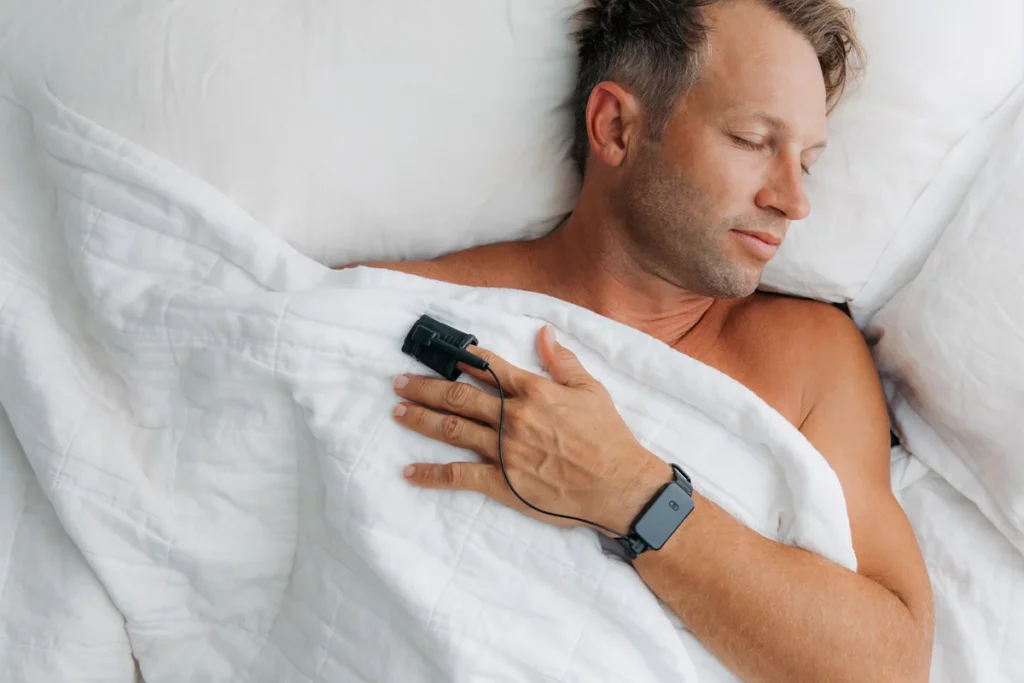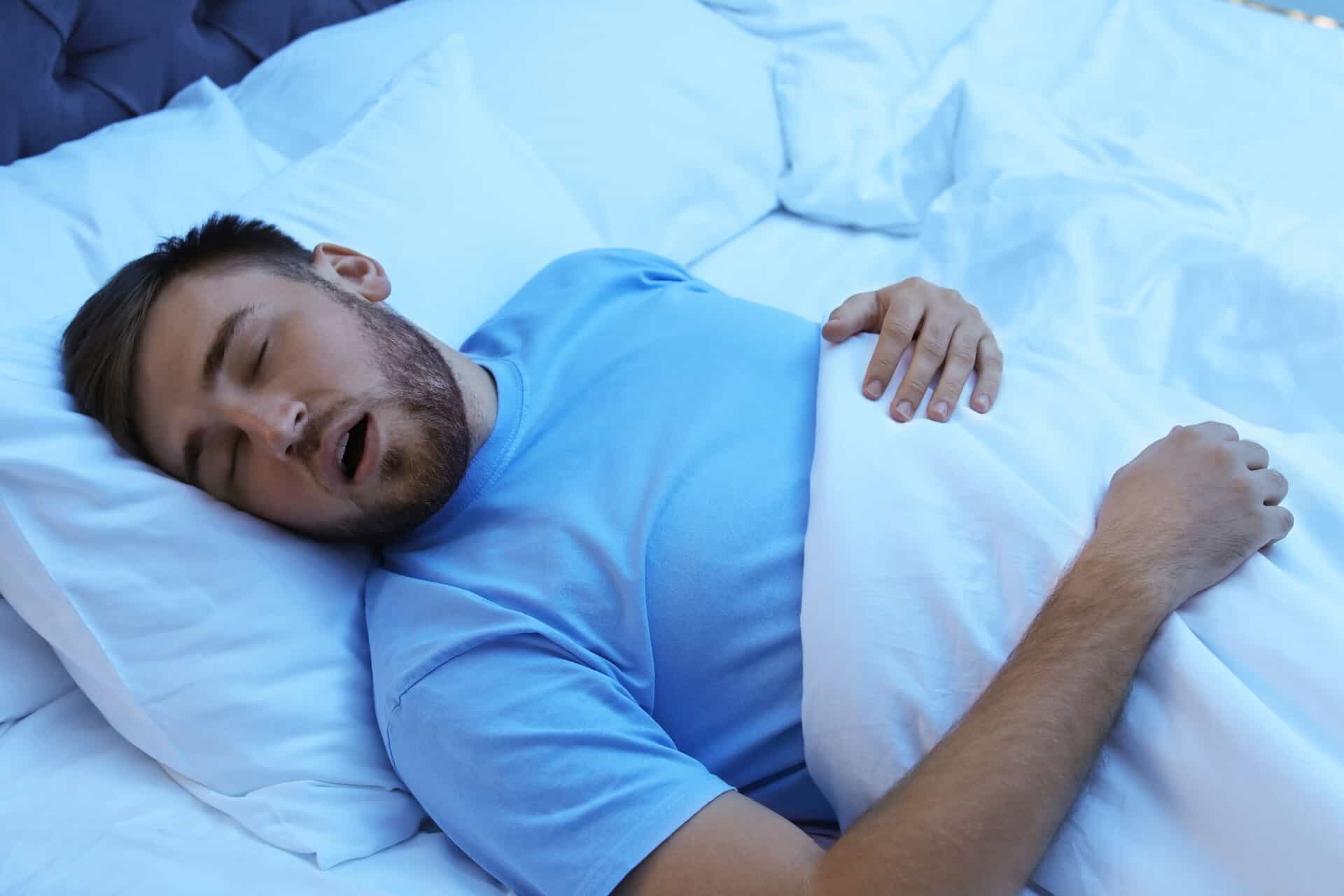Sleep apnea is a common sleep disorder that, if left untreated, can lead to serious health issues. For many people in Australia, the emergence of home test kits is revolutionising the way this condition is diagnosed. This article explores the various dimensions of sleep apnea, the traditional and modern approaches to diagnosis, and what to consider when choosing a home test kit.
Understanding Sleep Apnea
The Science Behind Sleep Apnea
Sleep apnea is a condition where an individual’s breathing is repeatedly interrupted during sleep. These interruptions can last from a few seconds to minutes, resulting in insufficient sleep cycles. The two most prevalent types of sleep apnea are obstructive sleep apnea (OSA) and central sleep apnea (CSA).
When selecting a sleep apnea home test kit Australia, individuals should consider several factors to ensure they choose the right one for their needs:
Obstructive sleep apnea occurs when the throat muscles relax excessively, leading to blockage of the airway. On the other hand, central sleep apnea is less common and occurs when the brain fails to send the correct signals to the muscles that control breathing. Understanding these mechanisms is crucial in diagnosing and treating sleep apnea effectively. In some cases, a combination of both types, known as complex sleep apnea syndrome, can occur, complicating the diagnosis and treatment further. The prevalence of sleep apnea is significant, affecting millions of individuals worldwide, and it often goes undiagnosed due to a lack of awareness about its symptoms and consequences.
Common Symptoms and Risks of Sleep Apnea
The symptoms of sleep apnea often go unnoticed, especially in the early stages. Common indications include loud snoring, episodes of breathing cessation during sleep, excessive daytime sleepiness, and difficulty concentrating.
Moreover, untreated sleep apnea can lead to serious risks such as cardiovascular issues, high blood pressure, and increased risk of diabetes. Identifying the symptoms and seeking diagnosis is vital for maintaining overall health and wellbeing. Additionally, individuals with sleep apnea may experience mood swings, irritability, and even depression, as the lack of restorative sleep can significantly impact mental health. It’s also worth noting that certain lifestyle factors, such as obesity, smoking, and alcohol consumption, can exacerbate the condition, making it essential for those at risk to adopt healthier habits. Early intervention and lifestyle modifications can not only improve sleep quality but also reduce the risk of developing more severe health complications associated with sleep apnea.

The Traditional Approach to Sleep Apnea Diagnosis
In-Lab Sleep Studies
The traditional method of diagnosing sleep apnea typically involves an overnight sleep study conducted in a sleep clinic. Known as polysomnography, this comprehensive evaluation records various bodily functions, including brain activity, breathing patterns, and heart rate.
While effective, this approach can be cumbersome. Patients must travel to the clinic, sleep in an unfamiliar environment, and may feel uncomfortable with the monitoring equipment attached to them. The need for more accessible solutions has paved the way for home test kits. These kits allow patients to undergo testing in the comfort of their own homes, which can lead to more natural sleep patterns and potentially more accurate results. Furthermore, home testing can significantly reduce the waiting time for diagnosis, allowing individuals to seek treatment sooner and improve their quality of life.
The Role of Medical Professionals
Healthcare professionals play a pivotal role in diagnosing and managing sleep apnea. A physician’s expertise is vital in interpreting the results from sleep studies and determining the next steps in treatment.
They may recommend lifestyle changes, continuous positive airway pressure (CPAP) therapy, or surgical options based on the severity of the condition. However, the accessibility of in-lab studies is a significant barrier for many individuals, making home testing a more appealing alternative. Additionally, medical professionals often provide invaluable support and education to patients about the condition, helping them understand the implications of sleep apnea on overall health. This guidance is crucial, as untreated sleep apnea can lead to serious complications, including cardiovascular issues, diabetes, and cognitive impairments, emphasizing the importance of timely diagnosis and intervention. Read more about diabetes at https://dtc.ucsf.edu/types-of-diabetes/
The Emergence of Home Test Kits
How Home Test Kits Work
Home test kits are designed to simplify the process of diagnosing sleep apnea. These kits typically include devices that monitor key physiological parameters, such as airflow, blood oxygen levels, and heart rate, overnight in the comfort of the patient’s home.
Upon waking, patients return the device for analysis. The gathered data provides clinicians with essential insights which can help confirm or rule out sleep apnea without the need for a sleep lab visit. The technology behind these kits has evolved significantly, with many devices now incorporating advanced sensors and algorithms that enhance the accuracy of the readings. Some kits even connect to mobile apps, allowing patients to track their sleep patterns over time and share this information directly with their healthcare providers.
Benefits of Using Home Test Kits
Using home test kits offers several advantages over traditional methods. One significant benefit is the convenience factor; patients can complete the test in their familiar surroundings, which can lead to more natural sleep patterns.
- Cost-effectiveness: Home test kits are generally less expensive than sleep studies conducted in a clinic.
- Privacy: With the test conducted at home, patients can feel more relaxed and avoid the anxiety associated with unfamiliar medical environments.
- Time-saving: Home test kits eliminate the need for travel and waiting time, allowing for quicker access to results.
Given these benefits, it’s no surprise that many Australians are opting for home test kits as a primary diagnostic tool. Furthermore, the rise of telehealth services has complemented the use of these kits, enabling patients to consult with specialists remotely. This integration not only streamlines the diagnostic process but also ensures that individuals receive timely treatment recommendations based on their results. As awareness of sleep apnea continues to grow, the accessibility of home test kits empowers more people to take charge of their health and seek the necessary interventions for better sleep quality. Click here to find more about accessibility.
Features of Sleep Apnea Home Test Kits in Australia
Key Components of the Kit
Most sleep apnea home test kits vary in design and complexity, but they typically include a few key components. These are:
- Respiratory effort sensor: A belt or strap that monitors chest movements to assess breathing patterns.
- Pulse oximeter: A device that clips onto the finger to measure blood oxygen levels during sleep.
- Flow monitor: A nasal cannula or similar device that tracks airflow from the nose and mouth.
These components work together to gather crucial data which is then analyzed by medical professionals to diagnose sleep apnea accurately. In addition to these primary tools, some kits may also include a sleep diary or mobile app that allows users to log their sleep habits, lifestyle factors, and any symptoms they experience. This additional information can provide valuable context for healthcare providers, helping them to make more informed decisions regarding treatment options.
Accuracy and Reliability of Results
When choosing a home test kit, accuracy is paramount. While home systems cannot match the exhaustive detail of in-lab sleep studies, many have been validated through extensive research. Studies indicate that home test kits can identify moderate to severe obstructive sleep apnea effectively. Furthermore, the convenience of testing in one’s own environment can lead to more natural sleep patterns, potentially yielding more reliable results than those obtained in a clinical setting.
The reliability of results can also depend on patient adherence to instructions during the testing process. Ensuring proper placement of sensors and following the manufacturer’s guidelines will contribute positively to the outcomes. Additionally, patients should be aware of factors that can influence their sleep quality, such as alcohol consumption, medication use, and stress levels. By maintaining a consistent sleep schedule and creating a conducive sleep environment, individuals can further enhance the accuracy of the data collected during the test, ultimately aiding in a more precise diagnosis and effective treatment plan.

Choosing the Right Home Test Kit
Factors to Consider
- Type of apnea: Some kits are better suited for detecting specific types of sleep apnea, such as OSA.
- User experience: Kits should be simple to use, with comprehensive instructions that make the process straightforward.
- Data interpretation: Some kits come with online portals for easy data submission and result interpretation, while others may require further action by your physician for analysis.
- Insurance coverage: Check whether your health insurance covers the cost of the home test kit.
Trusted Brands in Australia
Several reputable brands offer home sleep apnea test kits in Australia. These products are typically developed in collaboration with medical professionals and adhere to regulatory standards to ensure quality and effectiveness.
Some well-known brands include:
- ApneaMed: Known for its user-friendly devices and accurate results.
- SleepMed: Offers a range of testing equipment, supported by robust research.
- Respironics: Renowned for their technology and innovation in sleep apnea solutions.
Researching these brands can help consumers make an informed decision about which home test kit fits their individual needs best. Additionally, it’s important to consider customer reviews and testimonials, as they can provide insights into the effectiveness and reliability of the kits. Many users share their experiences regarding ease of use, comfort during sleep, and the clarity of the results, which can be invaluable in guiding your choice.
Moreover, understanding the technology behind these kits can also enhance your decision-making process. Most home test kits utilize advanced sensors to monitor various physiological parameters, such as airflow, oxygen saturation, and heart rate, while you sleep. This data is crucial for accurately diagnosing sleep apnea and can help healthcare providers tailor treatment plans more effectively. As technology continues to evolve, some kits even offer smartphone connectivity, allowing users to track their sleep patterns and share data seamlessly with their healthcare professionals for a more integrated approach to managing their sleep health.
Other resources: Sleep Apnea Test Adelaide Where to Get an Accurate Diagnosis

